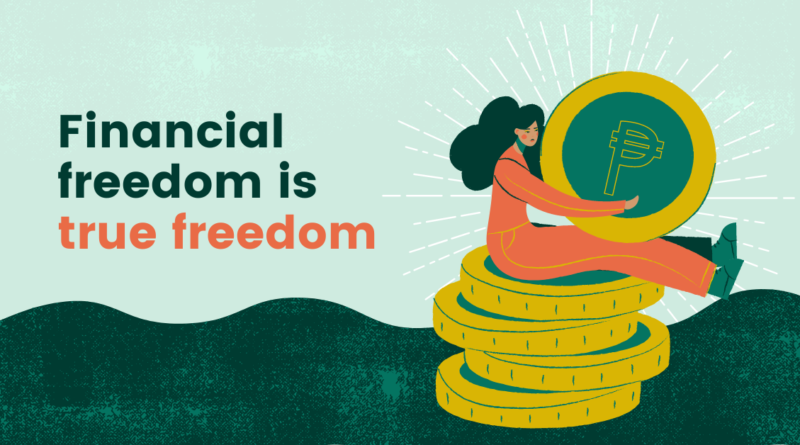Mastering the Money Game: Essential Personal Finance Strategies for Long-Term Prosperity
When it comes to managing money, the landscape seems to constantly shift beneath our feet. From sudden economic crises to the slow, steady climb of inflation, understanding how to effectively navigate personal finance is more crucial than ever. This article aims to demystify some of the strategies that everyone—from finance neophytes to seasoned savers—can use to secure their financial future. We’ll explore various facets of personal finance management, including budgeting, saving, investing, and preparing for emergencies, all with a focus on building a manageable and forward-thinking financial life.
The Foundation of Financial Health: Effective Budgeting
Budgeting is not merely about tracking expenses or cutting back—it’s about establishing a strategy for your financial future. Think of a budget as a blueprint; it guides your spending to help achieve your financial goals. Effective budgeting starts with understanding your income and expenses. It requires you to categorize your spending and see where your money goes each month, which enlightens you about potential areas for adjustment.
For many, the concept of budgeting can feel restrictive. However, when approached with a detailed and personalized plan, budgeting can indeed be liberating. It provides a clear sense of where allowances can be made for spending—be it dining out, hobbies, or vacations—while still achieving savings and investment goals. In-depth budget planning also involves looking beyond monthly expenses to consider larger, periodic costs, such as insurance premiums or holiday gifts, ensuring these don’t cause unexpected financial strain.
Building a Safety Net: The Role of Savings
Savings are often the first victim of inadequate budgeting. Yet, establishing and growing a savings account is essential not only for emergency situations but also for major purchases and financial security in retirement. One successful strategy is treating your savings contribution like any other essential bill that must be paid each month. This mindset shift ensures that saving takes precedence over less critical spending.
Saving effectively also means understanding the types of savings accounts available and choosing the right one for your goals. For instance, high-yield savings accounts offer better interest rates than regular savings accounts, making them ideal for an emergency fund that grows over time. Additionally, considering certificates of deposit (CDs) or money market accounts might offer more favorable rates depending on your time horizon and liquidity needs.
Empowering Your Future Through Investing
Investing is perhaps the most complex, yet most rewarding aspect of personal finance management. It involves using your resources to purchase assets that you expect to increase in value over time, such as stocks, bonds, real estate, or mutual funds. The key to successful investing is diversification—spreading your investments across different asset classes to mitigate risk while taking advantage of growth opportunities across sectors.
For beginners, the idea of stepping into the stock market can be daunting. However, starting small with robo-advisors or mutual funds can be an excellent way to learn the ropes. It’s crucial to set clear, achievable goals for investing, whether for retirement, buying a home, or funding a child’s education. Understanding your risk tolerance and investing timeline is fundamental to crafting an investment portfolio that reflects your needs and aspirations.
Preparing for the Unexpected: The Importance of Insurance and Emergency Funds
No financial plan is complete without considering the potential for unexpected events. This is where insurance and emergency funds play pivotal roles. Insurance policies, such as health, home, and auto insurance, protect against significant financial losses due to accidents, illness, or other unforeseen incidents. Similarly, an emergency fund provides a financial buffer that can help you manage through periods of unemployment or sudden expenses without disrupting your financial stability.
An effective emergency fund covers three to six months’ worth of living expenses. This fund should be easily accessible, such as in a savings account, yet separate from your main checking account to prevent dipping into it for everyday expenses. Building and maintaining this fund should be a priority in your financial strategy, even if it means starting small and increasing contributions over time.
Conclusion
Mastering personal finance is a continuous journey that evolves with your changing financial landscape and life stages. By laying a solid foundation with a comprehensive budget, safeguarding your future with savings and insurance, and empowering growth through thoughtful investments, you can secure both your immediate needs and long-term aspirations. Remember, the most effective financial plan is one that is tailored to your personal circumstances and goals. Start today, and adjust as you grow; your future self will thank you for the foresight and diligence.
